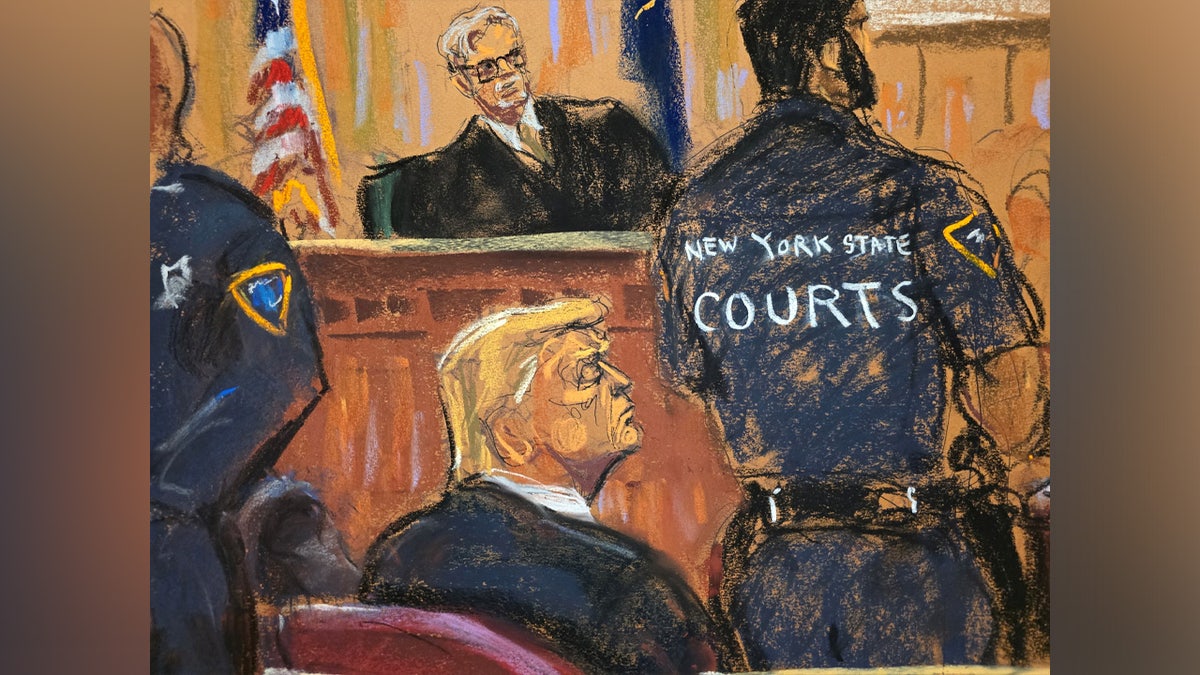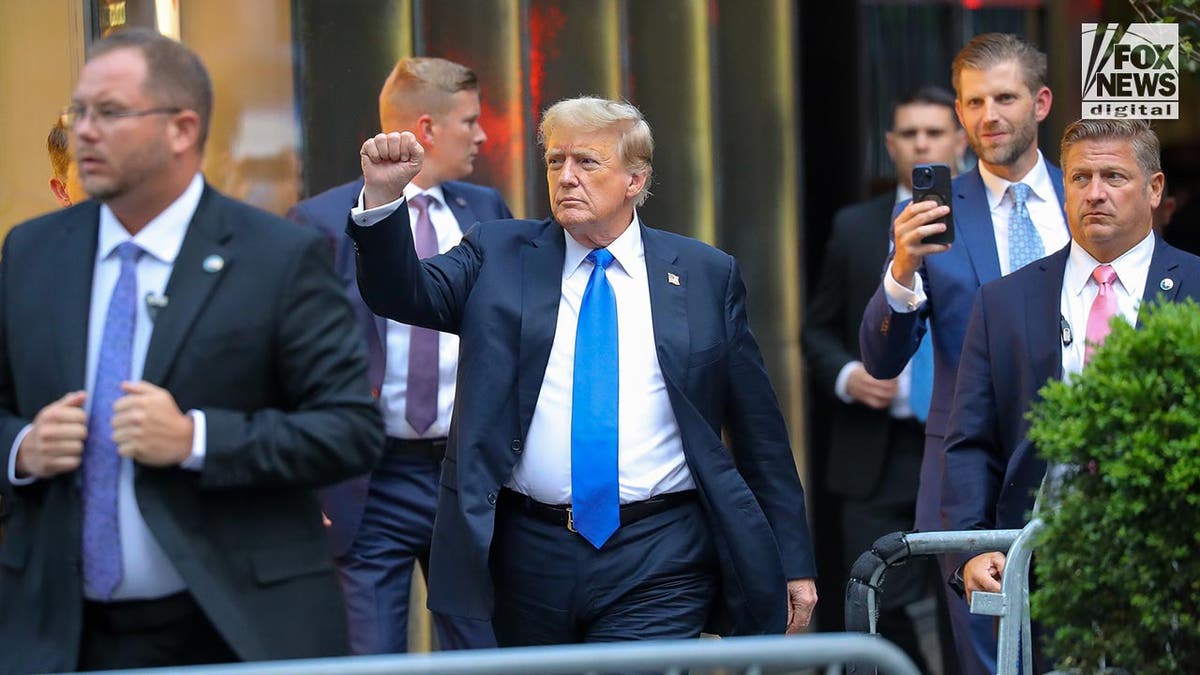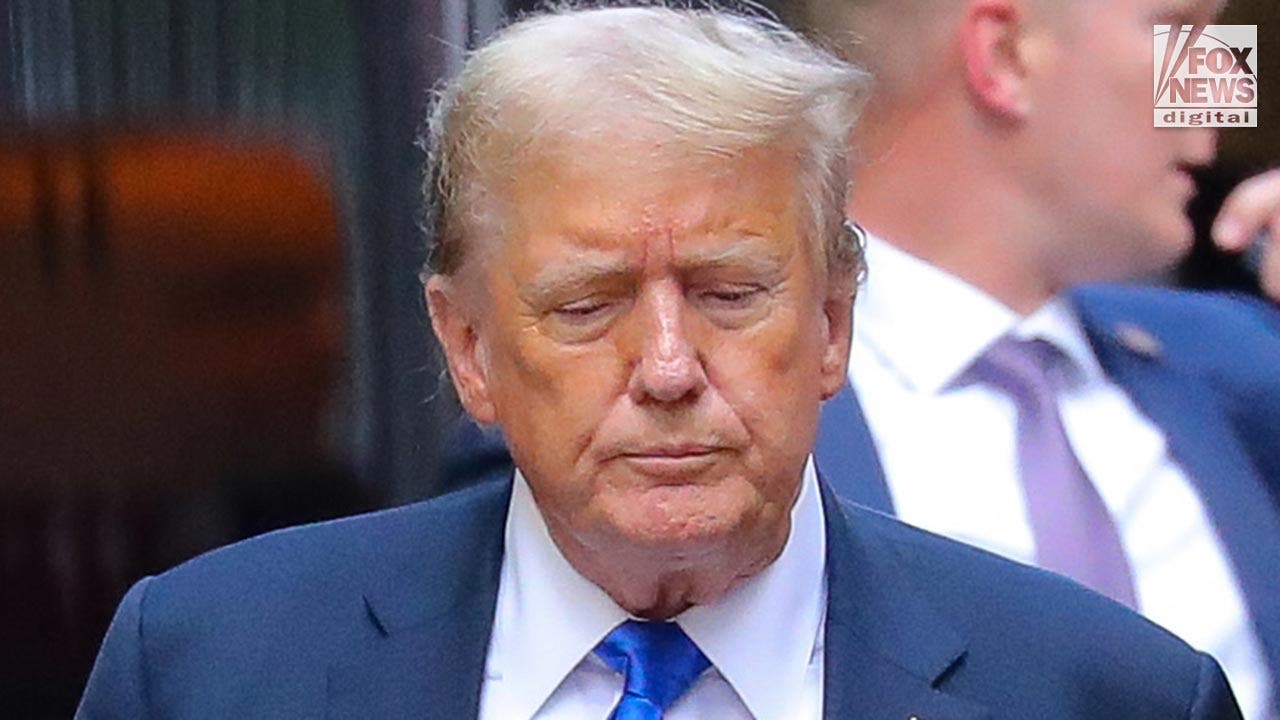
Former President Donald Trump made history on Thursday, June 3rd, 2024, as the first U.S. president to be criminally convicted in a court of law. The verdict came after a jury found him guilty on all counts related to falsifying business records regarding a payment made to adult film actress Stormy Daniels during his 2016 presidential campaign.
The conviction, which stemmed from the hush money case, has significant implications for Trump's political future. According to various polls conducted following the verdict, a substantial number of Americans believe that Trump should end his campaign in light of the guilty verdict. For instance, a Reuters/Ipsos poll found that one in ten registered Republican voters were less likely to support him due to the conviction.
Trump has maintained his innocence and plans to appeal the verdict. One potential ground for appeal is the restriction of an expert witness he sought to have testify during the trial. The case could be heard by a higher court, such as the First Judicial Department appellate court or even the Supreme Court.
The conviction sets a precedent that could potentially be used against Democrats in future cases brought by partisan Republican prosecutors. Trump's legal team has argued that the charges were politically motivated and an overreach of the law. However, many believe that this verdict is a victory for the rule of law and sends a strong message about accountability for those in positions of power.
The trial also brought renewed attention to other allegations against Trump, such as his involvement in the Access Hollywood tape scandal and various campaign finance violations. These issues could potentially resurface during the appeal process or future investigations.
Despite the conviction, Trump's popularity among his base remains strong. Many continue to support him and view this as a politically motivated attack by the Democratic Party and mainstream media. The outcome of this case is likely to have significant implications for American politics in the coming months and years.








